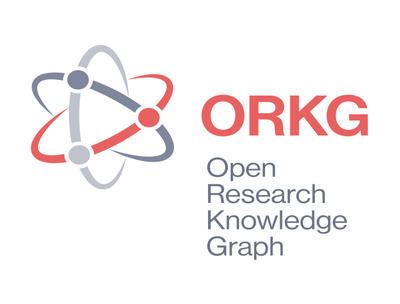Generating Machine-actionable Agroecological Knowledge

Communicating agroecological research efficiently for diverse stakeholders is critical for solving societal challenges such as climate change and biodiversity loss. Yet, researchers struggle to share reproducible scientific findings and are confronted with an overwhelming volume of publications that makes it impossible to keep track of all relevant new scientific findings. This publication flood presents major challenges for reproducibility and the peer-review process, and ultimately leads to the loss of knowledge.
The Open Research Knowledge Graph (ORKG) is a recent open access online service that begins to address these issues by fully digitalizing scientific information, making it easily accessible by humans and machines. By making scientific data and information machine-actionable, the ORKG can help researchers efficiently organize, interpret, and compare scientific findings across studies and even disciplines. However, a key barrier to scaling its use is that data published in a PDF format cannot automatically be fed into the ORKG. Rather, it must be manually extracted and entered by scientific experts. This project aims to address this challenge and motivate a paradigm shift in the way scientific information is shared by developing a method that allows ecologists to publish their data in a machine-actionable format from the outset of publication. To demonstrate this method, the project team will develop a proof-of-concept case-study for machine-actionable scientific literature in the ORKG using an agroecological data set.
Led by: Dr. Lauren Snyder
Team: Dr. Markus Stocker, Dr. Ricardo Perez Alvarez, Dr. Lars Vogt, Matthew Anfuso, Prof. Dr. Emily Poppenborg Martin, Prof. Dr. Sören Auer
Year: 2023
Funding: Flexible Funds, Leibniz University Hannover
Duration: 15.02.2023 - 31.10.2023
Further information: orkg.org
